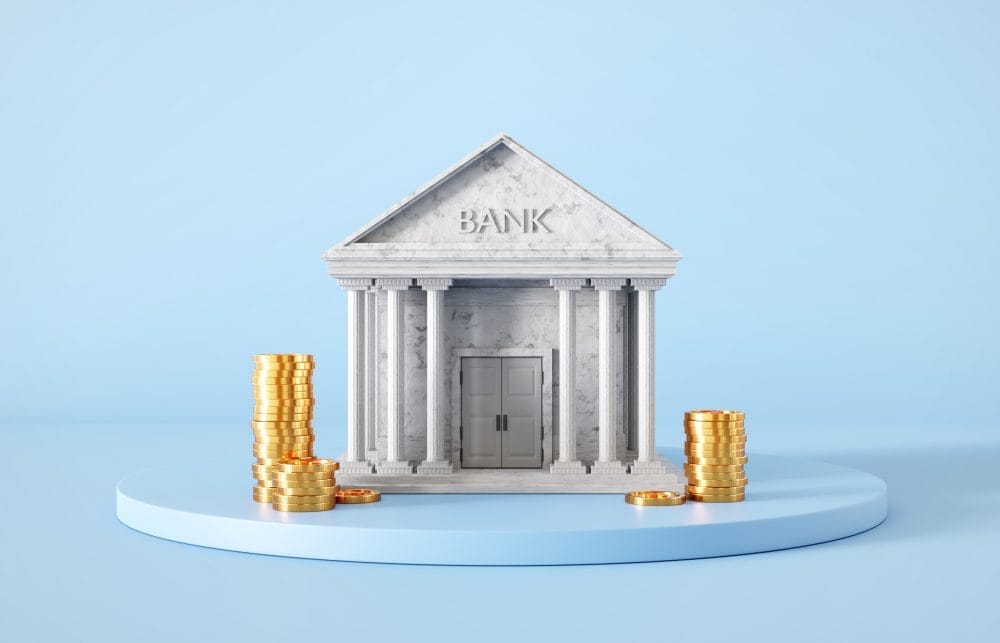Banks have a knack for dressing up their charges in complex language and fine print. But when the fees hit your account, there’s nothing subtle about the sting. Some of the most frustrating charges consumers face aren’t illegal at all—they’re completely above board.
Yet, many of them feel like borderline extortion. The kind of thing that leaves people wondering if fairness was ever part of the financial equation.
Overdraft Fees: A Mistake That Costs You Twice
Overdraft fees are among the most hated charges in all of banking. They occur when a customer tries to spend more than what’s in their account, and the bank covers the difference—for a hefty price. What stings is that this fee can be charged multiple times in a single day if several transactions go through while the account is overdrawn.
It’s not uncommon for someone to buy a few small items and end up paying $100 in overdraft fees alone. Banks argue that it’s a service, but to many, it feels like a penalty for being poor.
Monthly Maintenance Fees: Paying to Access Your Own Money
Some banks still charge a monthly maintenance fee just to keep an account open. These charges can range from a few dollars to $15 or more, quietly siphoning funds each month. They often require customers to maintain a certain balance or have a specific number of transactions to avoid the fee.
For those living paycheck to paycheck, meeting those requirements can be nearly impossible. In effect, it punishes people for not having enough money by taking more of it.
ATM Fees: Paying for the Privilege of Access
Using an out-of-network ATM can lead to a double whammy of charges—one from the ATM owner and another from your own bank. This means customers are paying two separate fees just to access their own funds. In high-traffic areas like airports or event venues, these fees can easily climb past $5 per transaction. There’s no actual service improvement with the higher charge, just the assumption that people are willing to pay for convenience. It’s a textbook case of opportunity pricing, and it hits hardest when cash is needed urgently.
Returned Item Fees: No Money, Still Paying
If a check bounces or an electronic payment fails due to insufficient funds, banks may charge a returned item fee. This happens even if the bank doesn’t cover the transaction, leaving the customer on the hook for a failed attempt. It’s essentially a fee for not having enough money to be charged another fee. To add insult to injury, merchants may also tack on their own penalty, making a single mistake far more costly than it should be. Legally, it’s justifiable—but ethically, it feels excessive.
Excessive Withdrawal Fees: Punished for Using Savings
Federal rules once limited savings account holders to six withdrawals per month, a guideline that some banks still use as a fee trigger—even after the rule was lifted. If customers dip into their savings more than the bank prefers, they can be hit with an “excessive withdrawal” fee. It’s a way of discouraging access to money that’s supposed to be accessible in times of need. Many customers are caught off guard by this outdated rule still living on in fee form. The irony is painful—get penalized for using the money you saved.
Paper Statement Fees: A Charge for the Past
In a digital age, many banks charge customers for receiving paper statements. The logic is that printing and mailing documents costs money—but this fee feels more like a push to force customers online. For those without reliable internet access or for older individuals who prefer hard copies, it’s a frustrating burden.
A few dollars a month may not seem like much, but it adds up over time. And considering how much money banks already make on deposits and interest; this fee feels more like nickel-and-diming than necessity.
Foreign Transaction Fees: Penalized for Traveling
When traveling abroad or making purchases in a different currency, many bank customers are hit with a foreign transaction fee. These charges often total around 3% of the purchase amount and are added quietly at the end of the statement. For credit card users, it’s especially aggravating when the card is advertised as travel friendly. While some banks waive these fees, many still enforce them as a matter of course. It’s one of those fees that’s easy to miss but hard to justify when the cost to the bank is so minimal.
Early Account Closure Fees: A Goodbye That Costs You
Some banks charge a fee if an account is closed too soon after being opened—usually within 90 to 180 days. This fee is often buried in the fine print and catches many people off guard. Whether someone is switching banks due to poor service or simply simplifying finances, the penalty adds unnecessary friction. It essentially punishes customers for making a personal financial decision.
Even if technically legal, charging people for choosing to walk away feels manipulative at best.
Make Banking Fair For You
Banking, at its core, should be a system that helps people manage and protect their money. Yet time and time again, institutions have found ways to extract more from the very people they’re supposed to serve. These fees may be perfectly legal, backed by policy and precedent, but they still feel like small traps waiting to catch the unwary.
Consumers have more power today to switch banks or choose lower-fee options, but that doesn’t erase the frustration of being charged for actions that seem harmless or necessary. Legal doesn’t always mean fair, and when it comes to bank fees, the line between the two is razor thin.
What are your thoughts on these bank fees? Have you been hit with one that made your jaw drop?
Read More
5 Secrets Banks Don’t Want You to Know About Your Credit Score
7 Ways to Avoid Bank Fees and Actually Make Money








